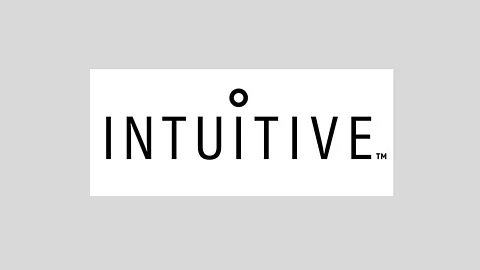

Intuitive , the global leader in minimally invasive care and a pioneer of robotic-assisted surgery, showcased its telesurgery capabilities during a groundbreaking live demonstration at the Society of Robotic Surgery (SRS) conference in Strasbourg, France.
In a milestone for the future of remote surgery, two surgeons—Dr. Doug Stoddard, director of surgery and robotics at Christus Health, Texas, and Dr. Andrea Pakula, medical director of robotic surgery at Adventist Health, California—collaborated in real-time from across continents using Intuitive’s latest da Vinci 5 dual-console system.
The transatlantic demonstration featured a telesurgical procedure on an advanced tissue model engineered by Intuitive to mimic the properties of live tissue. Dr. Stoddard operated from Peachtree Corners, Georgia, physically positioned alongside the da Vinci 5 patient cart and tissue model, while Dr. Pakula joined remotely from Strasbourg. The system allowed them to seamlessly share control of the surgical instruments and experience Force Feedback—a capability enabling both surgeons to feel the pressure applied to the tissue in real time, despite being separated by over 4,000 miles.
“Telesurgery is a field we’ve been carefully advancing for years,” said Dave Rosa, CEO of Intuitive. “This demonstration highlights the potential of remote surgical collaboration to expand patient access to high-quality minimally invasive care. But technology alone isn’t enough—it requires a comprehensive approach focused on safety, reliability, and real-world value.”
The telesurgery demonstration is part of Intuitive’s broader telecollaboration suite, which includes telementoring, teleproctoring, and dual-console surgery, aimed at enhancing care team coordination, surgical education, and patient outcomes while reducing overall costs.
“Telesurgery is not a new concept for us,” added Brian Miller, PhD, EVP and Chief Digital Officer at Intuitive, who was also an engineer supporting the historic 2001 Operation Lindbergh—the first transatlantic robotic surgery. “Success in this field hinges on robust network infrastructure and robotic platforms purpose-built for remote collaboration. Our goal isn’t to be first—it’s to be rigorous in developing technologies that clinicians can rely on consistently and safely.”
While the telesurgery software featured in the da Vinci 5 system remains under development and is not yet cleared by the FDA or CE marked, the demonstration marks a significant step forward in the evolution of robotic-assisted remote surgery.
This year, Intuitive celebrates 30 years of innovation in robotic-assisted surgery. Over the past three decades, nearly 17 million procedures have been performed using its systems, and more than 90,000 surgeons worldwide have been trained in their use—underscoring the company’s commitment to advancing access, safety, and outcomes in surgical care.